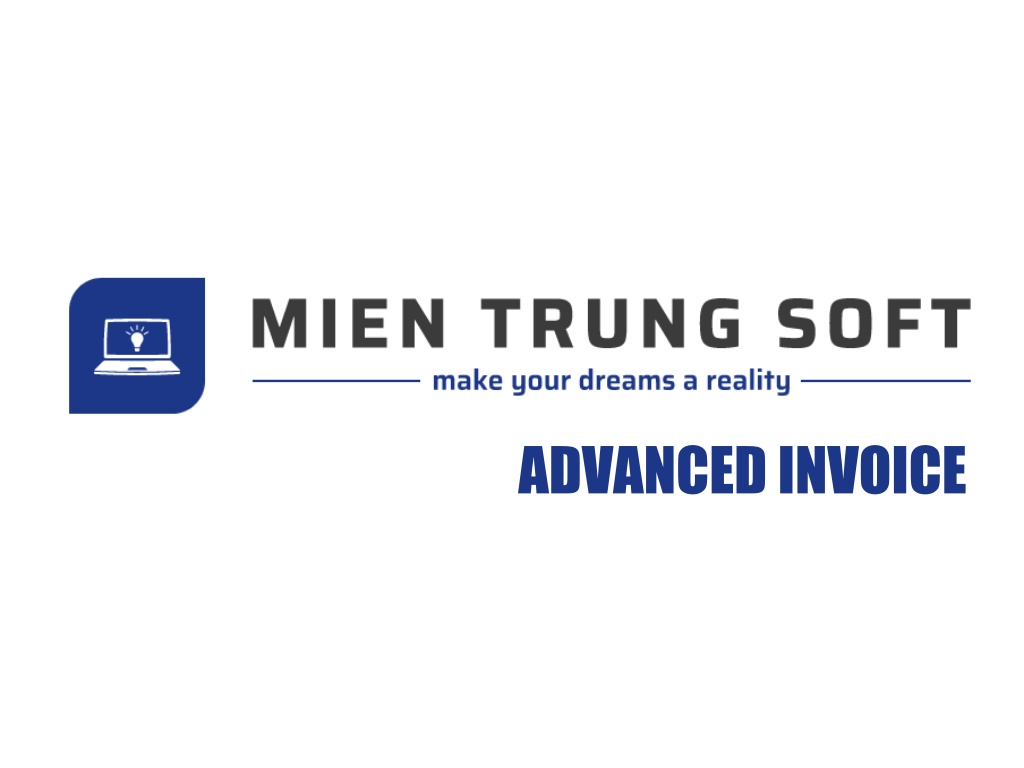CRM software is the foundation for any streamlined business process. Yes, it takes some time to establish any thorough business process, be it with or without CRM. But having a CRM sure is an added advantage.
A CRM system which is capable to handle and organize a huge amount of customer data helps your business to carry out necessary activities on a daily base. And let’s admit that we spend thousands of dollars and time to develop/buy a CRM system with expectations of getting high ROI and fruitful results.
While CRM systems organize the way your team members operate & communicate daily, the thought should not skip your mind that it has the most critical information stored. Be it Customers’ data, leads, sales, and so on. Every name and number is of great importance.
I am sure that you don’t want to share your business’ monthly sales data to any regular employee. That information is necessary for a sales-manager but not for any employee. And just like that, a sales-rep would need to access customer’s information to conduct meetings, solve support tickets, etc. from CRM.
What we are trying to say is every team member has different roles and responsibilities and accordingly they should have access to such critical data. And it is equally important to make the required data available to different teams according to their role & responsibility.
We have thoroughly studied this matter and we find SuiteCRM most suitable for this functionality which we’ll discuss later in this post. For now, first, understand why it is necessary to protect the data...
Why CRM Data Confidentiality is Important?
Data Confidentiality means showing the relevant data to users based on their role in the organization. For instance, an admin of an IT company would be able to access each and every module of the CRM system. Whereas, developers would only have access to would have limited access to the modules.
Maintaining this level of data security in the organization allows the free flow of information throughout the organization and between the clients and employees as well. It assures that the accessible data is in safe hands and provides an extra layer of security.
Moreover, applying the added layer of protection will assure your clients that their data is in trustworthy hands.
Simple Ways to Practice Data Confidentiality in Your Organization:
Assign Roles
Assigning roles in CRM can declutter the data and also eliminates the chances of duplicate entries giving filtered and proper overview of data. When you have your whole team operating or accessing data from CRM, it becomes a bit tricky to maintain a clean database. Hence, define the roles of every team member which could restrict the modification rights of the users working with CRM data. This way, users would be able to modify the data relevant and related to their tasks only.
In the next section, we are going to discuss how you can restrict the access to specific modules and data in the CRM.
Restrict the Modules Within CRM
In the CRM, there is a role management system where you can create certain types of roles for users which restricts them to a specific set of data which can be controlled by you. You can allow them to view the specific module, grant them edit, update, view rights.
We’ve taken the instance of SuiteCRM in this article, so here’s how a SuiteCRM user can manage roles:
- First click on the Admin tab from the top menu
- Go to Role Management
- Create a Role for XYZ user
- After clicking on save, you will have the list of modules with the various options such as enable/not set/disable
- Select any option from enable/not set/disable
- Click on save and voila!
But this only adds a layer of protection on module level. Let’s say you want to add one more layer on top of this and restrict your users to some of the fields.
An Extra Layer of Security: Field Level Controls
Yes! You read it right! Restricting specific modules comes by default in the CRM. But sometimes there comes a scenario where you might have some confidential information stored in specific fields within the CRM module. For instance, let’s take the example of Sales executive person in the beginning. If you grant them the sales module access, then you would want to restrict the overall sales figures field within that module to them. That rep only needs to see his region’s sale and not overall sales figure.
It is not a default functionality of CRM but is extremely useful for big brands & organizations. You can find various plugins available in the market which helps you to enable the field level security within modules. There are various SuiteCRM plugins available on the marketplace as well. With the simple installation process, you can set restrictions on users to view specific fields from that module. For example, with the field level access control plugin integrated with my SuiteCRM, I can control the access of “revenue” field from the account module. Users can set the view only, edit, owner, and other types of rights to a particular field.
Benefits of restricting field level data:
- Increased customer trust
- Efficient & optimized business practices
- Effective CRM data management on an individual level
- Confidentiality of business data
- Increased profitability and efficiency of teams as they will be provided only with the relevant data
- Prevent Misuse of important data
- Best Cybersecurity practice
In a Nutshell
CRM is a dragon. There is a plethora of business information available in it with numerous users accessing it thoroughly every day. Hence, it is important to safeguard your information and apply necessary restrictions in order to ensure the flow of information is directed in the right way & with the specific people only.
-
MTS Advanced Invoice

The MTS Advanced Invoice add-on helps you craft professional invoices, automatically generate new invoices and recurring invoices, and send payment reminders.
-
All-In-One CTI

All-In-One CTI is a computer telephony integration between SugarCRM and most popular PBXs. Easy install. Stable work. 100% support.
- Show more addons
